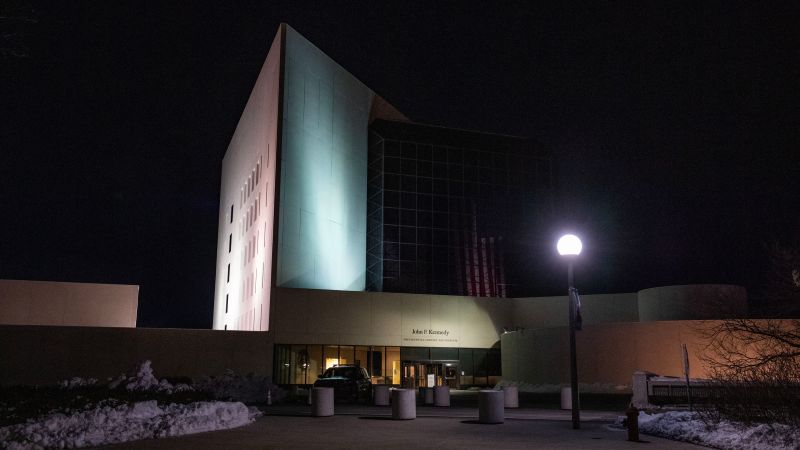Crisis at Kennedy Legacy: JFK Library Shutters After Abrupt Federal Staff Exodus

The iconic John F. Kennedy Presidential Library and Museum in Boston abruptly shut its doors on Tuesday, citing an unexpected staffing crisis caused by the sudden dismissal of federal employees. The library's foundation revealed the closure in a statement to CNN, highlighting the unexpected disruption to this historic cultural institution.
The unexpected shutdown has left visitors and history enthusiasts disappointed, as the museum—which typically offers a deep dive into the life and legacy of President John F. Kennedy—remains temporarily inaccessible. The foundation did not provide immediate details about the nature of the federal employee dismissals or when the museum might reopen.
Located in the scenic Columbia Point area of Boston, the JFK Library and Museum is a significant landmark that attracts thousands of visitors each year who are eager to explore the history of one of America's most beloved presidents. The sudden closure underscores the potential ripple effects of federal workforce changes on public institutions.

